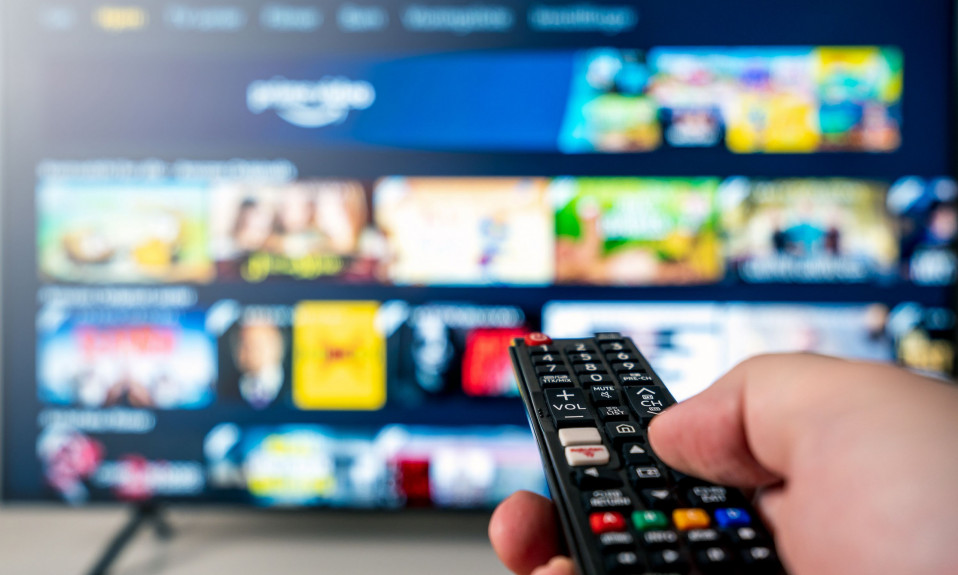Diablo Cody. It was a name that first came to my attention when I was 17, sat in a cinema on an awkward double date, watching the opening credits of Juno. I didn’t consider the writer at that time but the character she created has stayed with me since and is one I return to frequently. Juno makes me laugh and makes me cry in almost equal measures; she is strong yet vulnerable, funny yet awkward, confident yet desperate. All things that she should be, that all women and girls are, and Cody translated that perfectly for my awkward 17-year-old self along with a host of others, I have no doubt.
However, only 16% of working film writers in the UK are female, an independent report from The Writer’s Guild has found. The Sundance Institute reports that just 4.2% of the 100 top grossing American films are directed by women, the amount written by them is much lower.
At a time when teenage girls are facing ever-growing pressures from social media, exam stresses and every other hurdle that adolescence brings, surely there needs to be far more people writing from their perspective? By that, I don’t mean creating the common characters that girls are almost forced to aspire to, due to lack of alternatives, such as princesses who’s happy ever after involves a handsome prince who saves them from danger in that typical Propp trope of damsel in distress waiting for the protagonist to rock up. I mean characters with dimensions; with feelings; with flaws; with vulnerabilities.
But this isn’t just a necessity for teenagers. Young women are now finding themselves in a world where their voice is being heard, where they are told to speak up, yet they are still dealing with the damage resulting from difficult teenage years where they were reading articles entitled “10 ways to keep your man interested.”
Fleabag, written by Phoebe Waller-Bridge and first aired in 2016, tells the tale of a young woman manoeuvring her way through sexual encounters, family disputes and her unwillingness to deal with the loss of her best friend. Initially, it seems like Waller-Bridge is just challenging the idea of feminism in this series adapted from her award-winning play but it is, in fact, a funny and, at times heartbreaking, analysis of the effect that objectification has on women. Not just the objectification that women are victim to on a daily basis, on the street, in the workplace, online but the objectification that is presented as normal in the mainstream media. Ultimately, it is relatable. Whether you don’t see much of yourself in the main character or it feels like a mirror image – the issues caused by, what Laura Mulvey dubbed The Male Gaze, continue to have a lasting effect on the female audiences consuming media texts and experiencing issues with very few scripts or characters which present these experiences from the women who experience them.
However, this isn’t just an issue for women; this also impacts men. If you get told something enough, you begin to believe it – so it is hardly surprising that women are perceived as weak, sexual (without being promiscuous, of course), objects by some men when that is the only representation of them available. And this is why it is important to allow women to tell their stories – because men need to hear them too.
So what is being done about this issue? The Writer’s Guild are calling for “programme-level TV equality monitoring data to be released” and for “public funders to pledge a 50/50 split between male and female-written films by 2020.” A 50/50 split when over half of the UK is female seems perfectly reasonable. Although, it is only recently that voices are being raised against the embedded white male misogyny which has run Hollywood since its very beginnings. Not only do we need to break down barriers for female writers but we need to break down barriers for those minorities who struggle even more to get their story told; women of colour, women of the LGBTQ+ community, transgender women – all of these stories matter and all of them can and will have a lasting impact on those people who feel they have never seen themselves on screen.
I only hope that every young girl gets their Diablo Cody moment.











